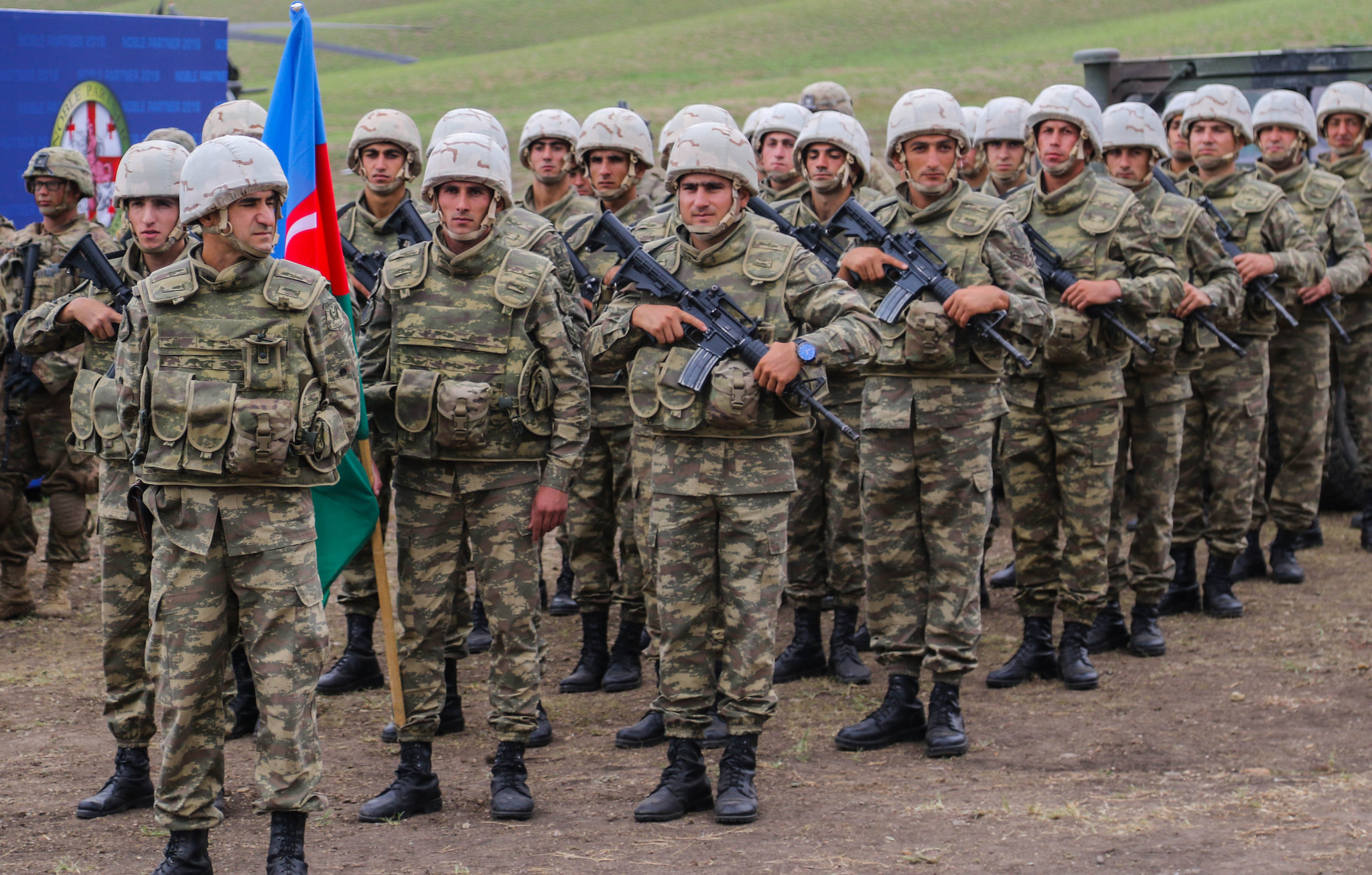
Renewed Conflict in the Caucasus
By David L. Phillips
On September 27, Turkey’s President Tayyip Erdoğan and Azerbaijan’s Ilham Aliyev launched military operations against Nagorno-Karabakh, an enclave in Azerbaijan populated almost entirely by ethnic Armenians. By attacking Nagorno-Karabakh, they seek to divert attention from their self-made domestic crises. Conflict could spill over Azerbaijan’s borders, resulting in a regional conflagration involving Russia and Turkey. The international community has charged the US, France and Russia as mediators. However, President Donald J. Trump’s business interests in Turkey and Azerbaijan could affect America’s diplomacy.
Armenian and Azerbaijani forces fought a bloody war in Nagorno-Karabakh from 1988 to 1994. The conflict started when Azerbaijan, a Muslim Turkic group supported by Turkey, launched a series of pogroms in Baku, Sumgait and Khojaly targeting Orthodox Christian Armenians. As the Soviet Union was collapsing, the Nagorno-Karabakh parliament voted to unite with Armenia in 1988. With violence intensifying, Armenia joined the fray to prevent ethnic cleansing.
The war had catastrophic consequences for both sides. Up to 30,000 people were killed and almost one million were displaced, before Russia brokered a ceasefire in May 1994. Erdoğan affirmed Turkey’s unwavering support for Azerbaijan. “Turkish-Azerbaijani cooperation is based not only on strong solidarity between our states, but also on common history and unity of our hearts”, he proclaimed. “Turkish and Azerbaijani people speak the same language, have a common history. Our relations built on this sound foundation and strengthening on the basis of the ‘one nation, two states’ principle.”
The presidents of France, Russia and the United States called for an immediate ceasefire between Azerbaijan and ethnic Armenian forces around Nagorno-Karabakh, but Turkey dismissed their appeal. Erdoğan insists that the three big powers butt out and assume no role in the conflict.
Turkey’s involvement in Nagorno-Karabakh is part of a bellicose pattern. Erdogan has been flexing Turkey’s military muscle abroad, sending the Turkish armed forces and its jihadist proxies to battlefields in Iraq, Syria, Libya, Cyprus, Somalia – and Azerbaijan. The Trump administration has turned a blind eye to Turkey’s aggression.
Renewed conflict in Nagorno-Karabakh is a welcome distraction for Erdoğan and Aliyev. Turkey’s currency and economy are collapsing, potentially threatening Erdoğan’s monolithic grip on power.
Erdogan is furious with Armenians for their efforts to gain greater global recognition of the Armenian Genocide. Up to 1.5 million Armenians were killed during the waning years of the Ottoman Empire, beginning in 1915. Vilifying Armenians plays well with Turkish nationalists.
Azerbaijan’s economy is also in distress. Despite reduced oil and gas revenues, Azerbaijan still spends $2.267 on its armed forces, an amount five times greater than Armenia.





